What Is Web 3?
Web 3.0 is the third major version of the World Wide Web, following web 1.0 and web 2.0. Web 3.0 is a set of principles for designing and developing websites that are more interactive, meaningful, and accessible to users than those of previous generations.
Web 3.0 is a set of principles for designing and developing websites that are more interactive, meaningful, and accessible to users than those of previous generations. It can be seen as a continuation or extension of web 2.0, which focuses on social media and user-generated content (UGC). Web 3.0 is a term used to describe the next generation of the internet, which is characterized by decentralization and encryption. It is not a standard or an official term, but it is often used to refer to a set of features and technologies that will be available on the web in the future.
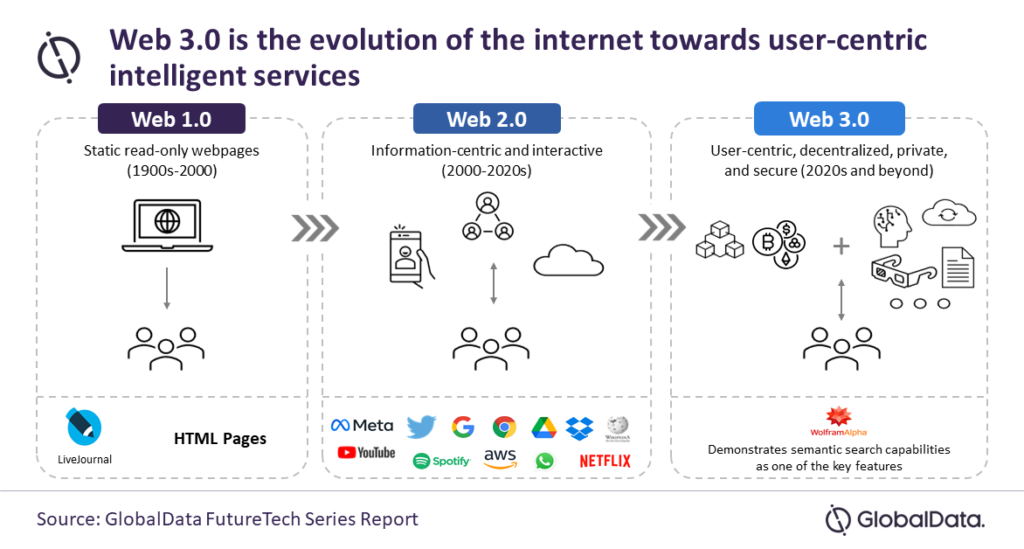
The Web 3.0 term was coined by Tim O’Reilly in 2005. It is “the next natural stage in the development of the World Wide Web, where people own their own data and share just what they wish to,” according to him. Where information wants to be free but people still get paid”. “Web without a Server” or “Web without Servers” are other names for Web 3.0. It’s a decentralized network that does not rely on centralized servers for processing power or storage space.
The Web 3.0 project aims to make the internet more accessible and efficient than ever before by giving users full control over their data, privacy, and security – while still making sure they get compensated for their contributions online. Web 3.0 tools are increasingly getting popular in the workplace. Some companies use them when they need to collaborate with their clients remotely or when they need to share their work with other teams in their company, while others use them as an efficient way to communicate with their team members who work remotely
What is Web 3.0 in Anyway?
The next phase of internet development is called Web 3.0. It is a platform that will allow people to use decentralized networks to access and publish data without any middleman.
Web 3.0 is not just a new version of the internet, it’s a whole new paradigm for how we interact with technology and each other on the web. Web 3.0 is the name of the most recent iteration of the internet. It is a decentralized, open-source, and more secure version of the web.
Web 3.0 has many components that are necessary to make it a reality. The most important component is the Ethereum network – which provides a decentralized data storage and computation platform for different applications. Other components include:
- A network of peers without any centralized servers
- Data storage in an unalterable blockchain
- Computations done by smart contracts
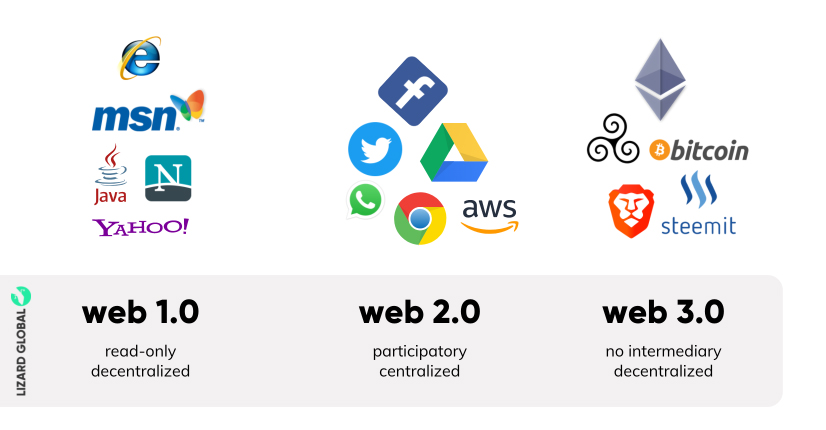
The next-generation internet is known as Web 3. It is a decentralized internet that will enable users to have more control over their data and identities. Web 3 was created as a response to the problems of Web 2, which is mainly centralized and governed by large corporations like Facebook and Google. The idea behind Web 3 is that users should have more control over their data, privacy, and identities on the internet.
Web3 is the name given to the upcoming version of the internet. It is a decentralized, peer-to-peer network that is not owned by any single entity. Web3 will be a completely new way of building and running applications on the internet. Developers should be aware of how web 3 will change the way they work and how they need to prepare for this change. They should start by learning about decentralization and how it can affect their business models.
Blockchain In Social Networks
The blockchain is a decentralized and distributed ledger. This means that it doesn’t rely on one central server or authority to store its data. Instead, it’s stored on multiple nodes in the network and each node can access the data at any time. This makes blockchain a reliable, secure, and transparent way of storing information that can’t be hacked or altered by any single entity. And because of this, many organizations are looking into how they can use blockchain technology in their own business.
Web 3.0 will provide a better system for content creators to monetize their work while allowing them to keep ownership of their content. It will also provide a better way for users to consume content without being tracked by advertisers or having their data collected and sold.
Blockchain In Ecommerce
Blockchain is a decentralized technology that enables secure and fast transactions between two parties without the need for an intermediary. It is a form of distributed ledger technology (DLT) that records transactions in blocks. The blockchain is a public ledger of all transactions ever made on the network, which makes it difficult to tamper with because of its distributed nature.
There are many use cases for blockchain in e-commerce, such as payment processing, inventory tracking, and supply chain management. Blockchain can also be used to provide transparency to customers and give them more control over their personal data by giving them the option to decide who they want to share it with.
Blockchain In Media Platforms
Blockchain is a decentralized ledger system and it has the potential to transform the media industry. It can be used in a variety of ways, such as making payments and tracking intellectual property. Blockchain technology can be used in many ways, including making payments and tracking intellectual property.
The future of the internet is here with Web 3.0 and it has the potential to change our lives. Web 3.0 offers a new paradigm for how we interact with data and how we create value through data. It is also a significant leap forward in terms of security, privacy, and decentralization.
Other Advancements to Watch for in Web 3.0
Web 3.0 is the next generation of the internet that will be powered by quantum computing and nanotechnology. The web will become more interconnected and it will also be more decentralized. There are many advancements to watch for in Web 3.0 and it is hard to predict what they are going to look like when they happen because we are still in the early stages of development.
Quantum computing is an emerging field that has the potential to completely change the way we live our lives, work, and communicate with each other. Quantum computers use qubits instead of bits and can process information much faster than traditional computers can by taking advantage of quantum entanglement, which allows qubits to “talk” to each other without any delay at all. This could lead to a new era where humans have access to unimaginable amounts of data, making them smarter than ever before.
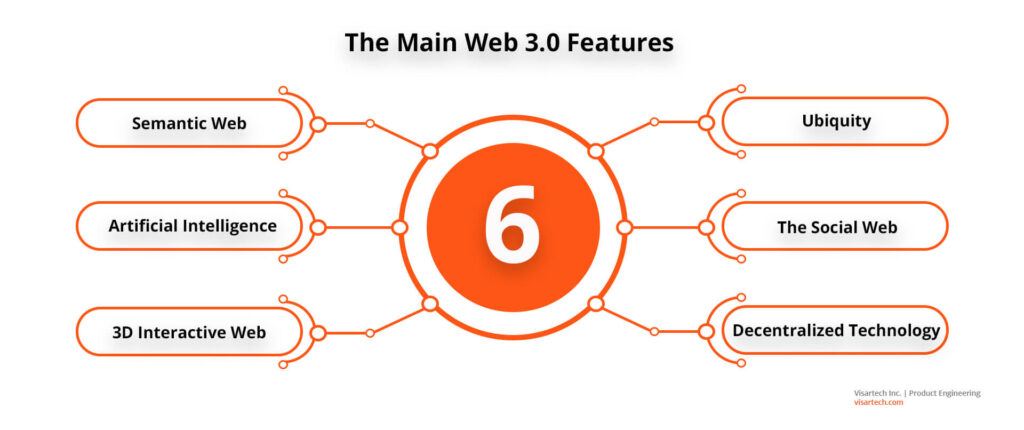
There are five goals for the new internet project. The first goal is to make the web more secure by using a decentralized system. The second goal is to make the web more private by using encryption. The third goal is to make the web more open, which means that it will be easier for people to share information without being censored by governments or corporations. The fourth goal is to make sure that everyone in the world has access to the same content, no matter what country they live in or how much money they have.
And finally, there will be no single point of failure, which means that if one part of the system fails, then other parts can still work as normal and keep things running smoothly. The future of the web is safe. Web 3.0 will be a more secure, stable, and private environment for both users and developers.
Final Thoughts about Web 3.0
As the world is moving towards Web 3.0, the internet will become a more immersive environment. The web will no longer be just a place where people can consume information but also a place where they can create and interact with it. In conclusion, Web 3.0 is an exciting time for the web as it will become more immersive and interactive than ever before.
There are three major components of Web 3.0:
- The first component is the decentralized web which enables users to have full control over their data and their browsing experience
- The second component is the trustless web which enables users to interact with each other without having to trust each other
- The third component is the consensus-driven web which enables users to verify transactions without trusting a third party
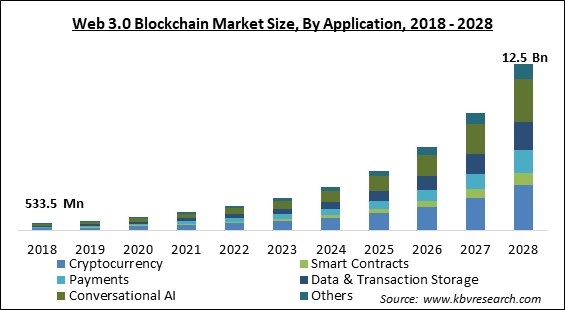
Web 3.0 is a new internet that will have a major impact on our daily lives. It will be decentralized and more secure than the current internet. Web 3.0 will be more user-friendly, with better privacy and less censorship. Web 3 will also be more user-friendly, with better privacy and less censorship than what we see today on web 2.0 (current web).
Conclusion: What Is Web 3.0?
In the future of the internet, Web 3.0 will be a decentralized web where people can own their data and choose which applications they want to use. So, Web 3.0 is an internet that has been optimized for the user and is more secure than what we have today!
Image Sources: Pixabay | Pexels | Free Images or Souce is Linked – Let us know if you have concerns to be addressed.
Your comments and views in the comment box below will be highly appreciated and helpful to all others. Stay connected with Mubashir Talks. Cheers!
Was this helpful? Rate this post below.
Your post rank


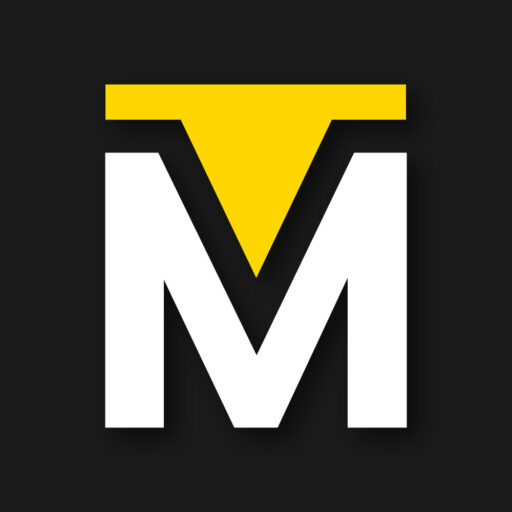

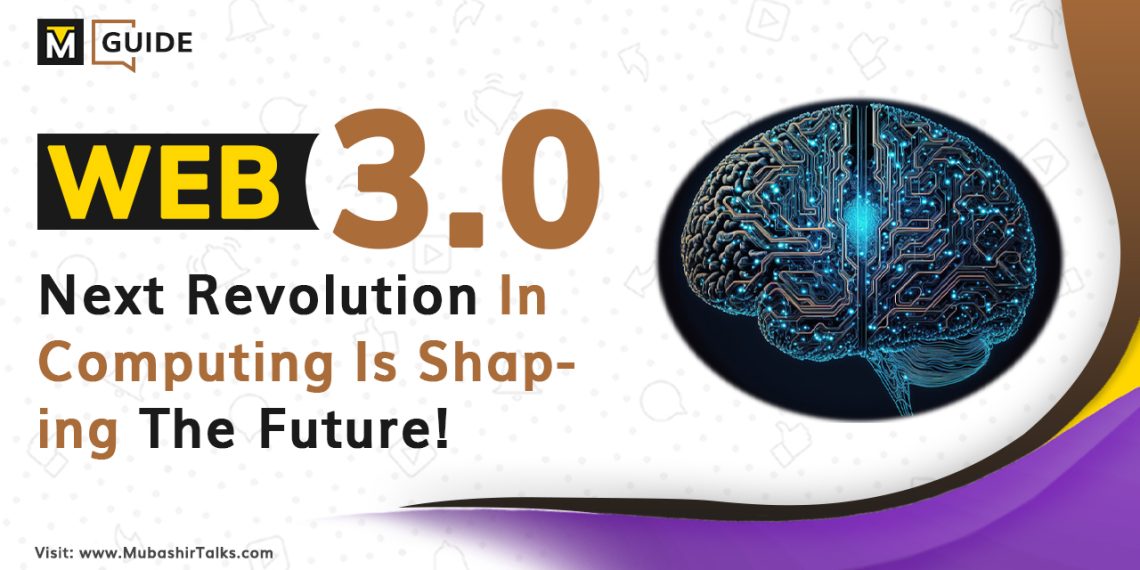















![[getpaidstock.com] 64ec49e8b971a](https://mubashirtalks.com/wp-content/uploads/2023/08/getpaidstock.com-64ec49e8b971a-120x86.jpg)


Discussion about this post